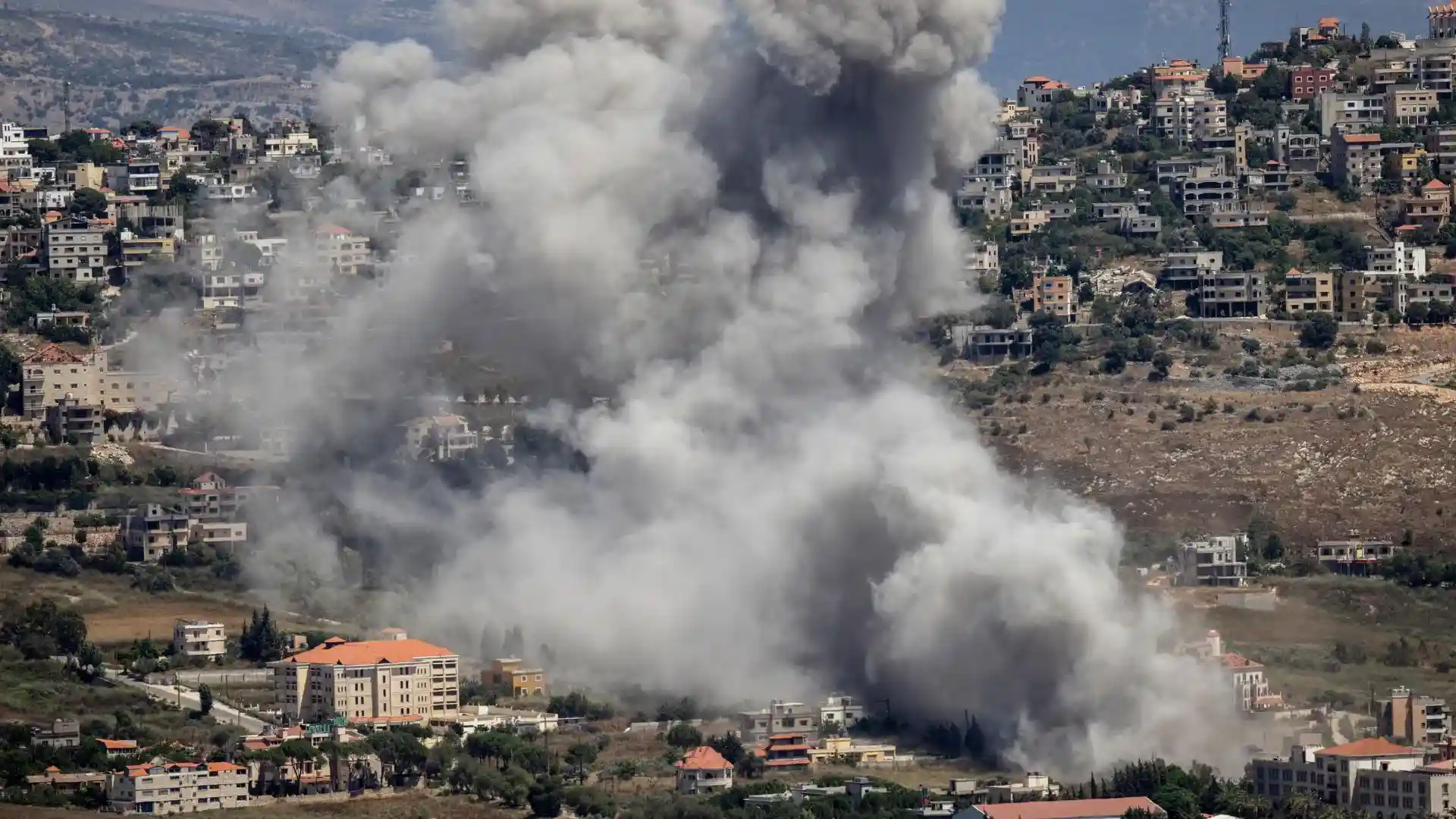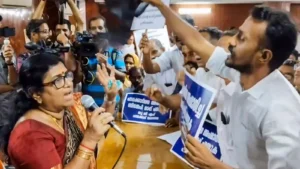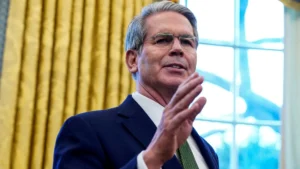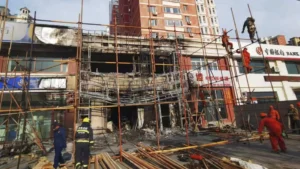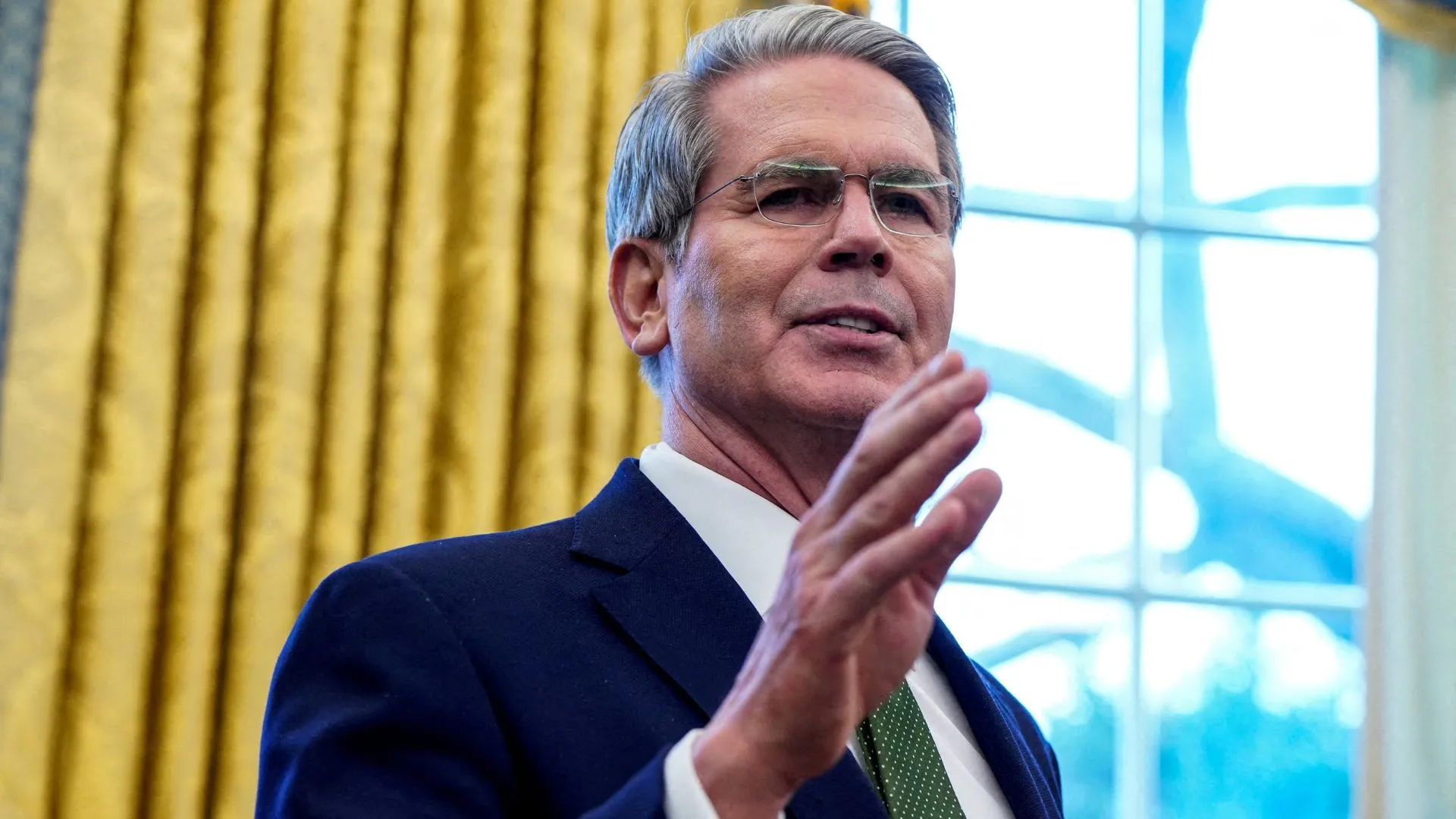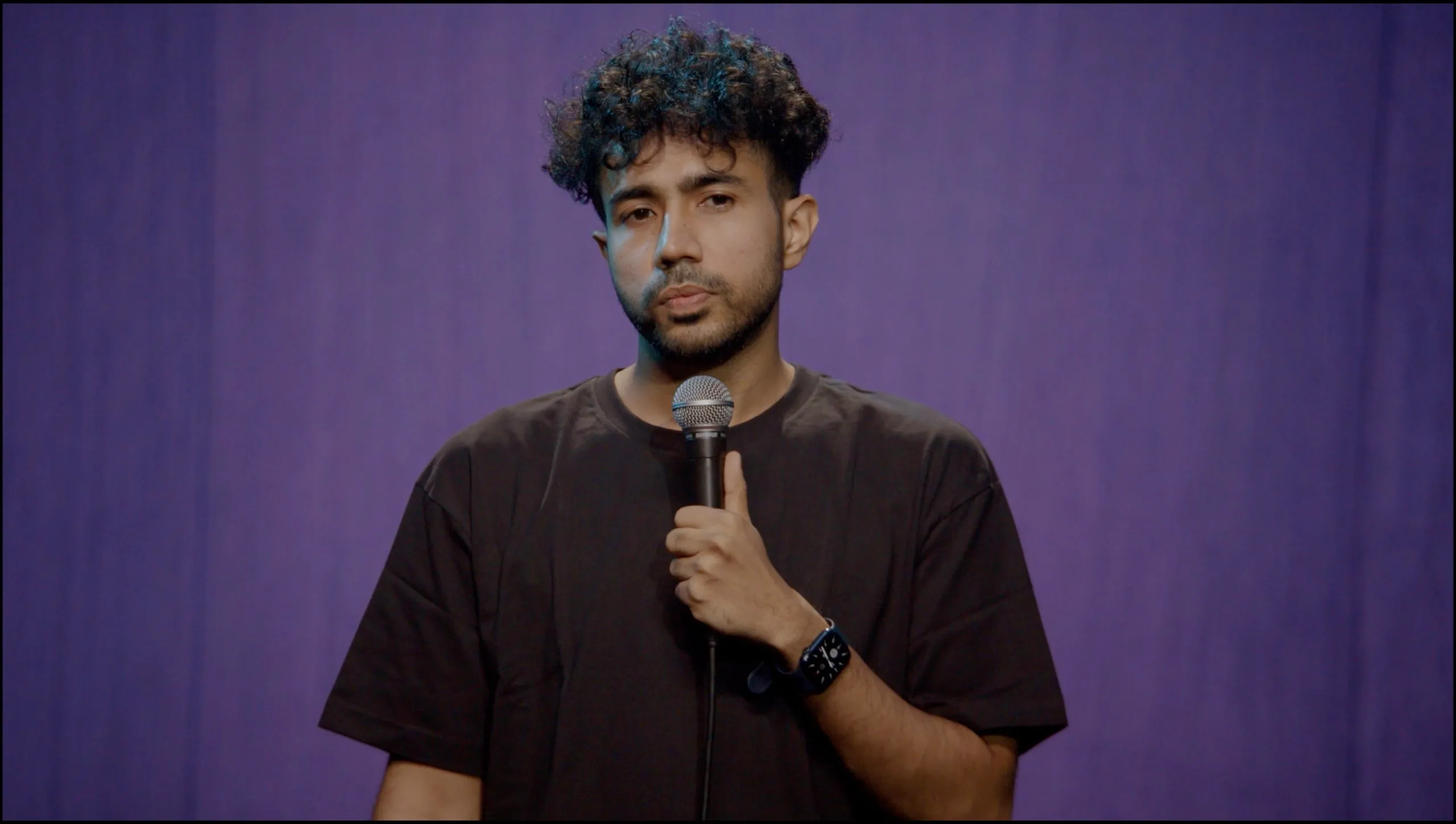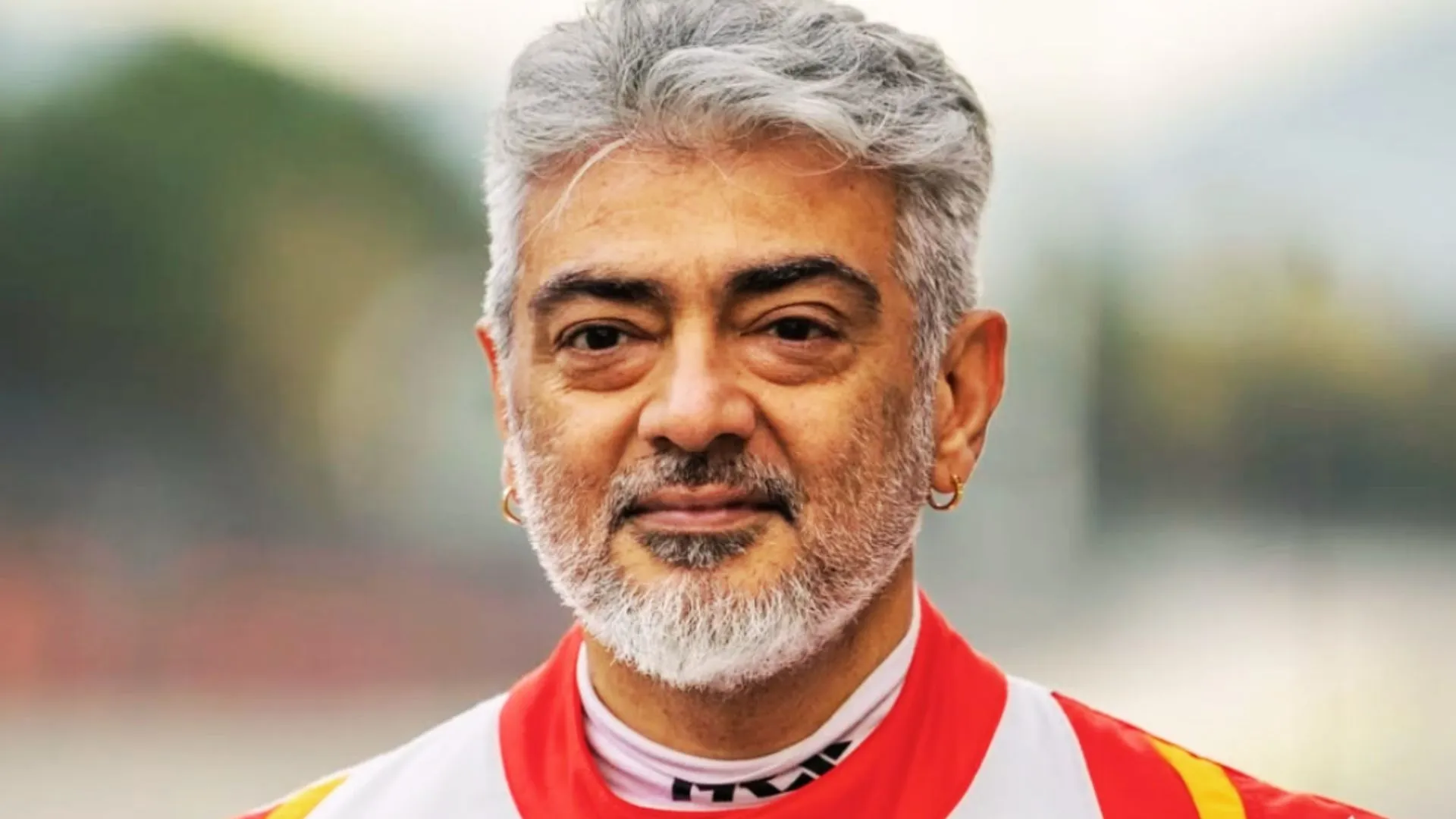In a significant development in the ongoing Israel-Lebanon conflict, the Israeli cabinet is set to vote on a proposed ceasefire deal with Lebanon on Tuesday. The decision follows Prime Minister Benjamin Netanyahu’s reported “in principle” approval of the agreement after a security consultation with Israeli officials.
International and Domestic Pressure Mounts At Israel
The upcoming meeting marks a critical juncture in the hostilities between Israel and Hezbollah, a conflict that has persisted for over a year. Efforts by the United States, the European Union, and the United Nations to mediate a truce have intensified in recent weeks.
Former Defense Minister Benny Gantz, who resigned from Israel’s war cabinet in June, urged Netanyahu to be transparent about the agreement. “Netanyahu, present the agreement. It is the right of the residents of the north, the fighters, and the citizens of Israel to know,” Gantz wrote on X, formerly known as Twitter.
Ceasefire Proposal For Israel and Hezbollah
The proposed ceasefire plan reportedly includes a two-month cessation of hostilities during which both sides would make significant concessions:
- Israeli forces would withdraw from southern Lebanon.
- Hezbollah would remove its armed presence south of the Litani River, creating a buffer zone over 28 kilometers from Israel’s border.
These provisions, reported by The Israel Times, could pave the way for longer-term stability, though questions remain about enforcement and compliance.
Optimism from the U.S. and Challenges for Israel
The United States has expressed cautious optimism about the ceasefire prospects. John Kirby, the U.S. National Security Council spokesman, stated, “We believe we’ve reached this point where we’re close to a ceasefire.”
Despite these hopes, earlier efforts faced setbacks. Qatar, instrumental in facilitating negotiations during the Israel-Hamas conflict, recently withdrew from mediating the Israel-Lebanon talks, citing diminished effectiveness.
Escalating Violence Between Israel-Hezbollah Clouds Ceasefire Hopes
The urgency for a resolution comes against a backdrop of escalating violence. Over the weekend, Hezbollah launched one of its heaviest barrages in months, firing approximately 250 rockets and projectiles into Israeli territory. In response, Israeli strikes targeted about two dozen Hezbollah positions across Lebanon.
The prolonged conflict, which began on October 7 last year after Hezbollah’s attack on Israeli-controlled territory in solidarity with Hamas, has seen consistent cross-border skirmishes.
Humanitarian Toll and Regional Dynamics
The human cost of the conflict has been devastating. According to Lebanon’s health ministry, over 3,700 people have been killed in the strikes since October last year, with thousands more injured and displaced.
Amid the ceasefire discussions, Iran’s supreme leader Ayatollah Ali Khamenei made inflammatory remarks on Monday, asserting that a war crimes case against Netanyahu was inadequate and that he deserved a “death sentence.” This statement follows the International Criminal Court’s recent arrest warrant against the Israeli Prime Minister.


